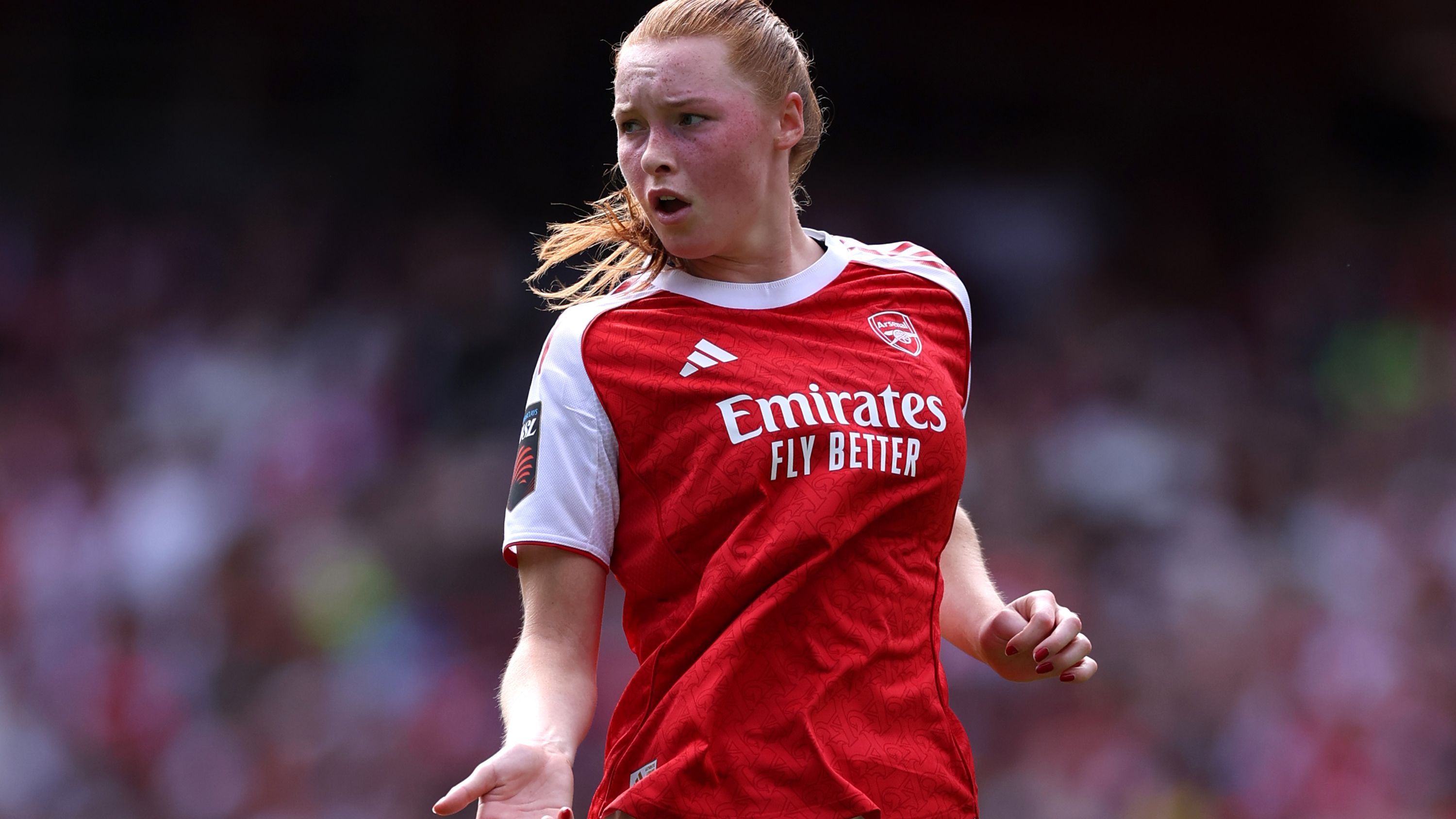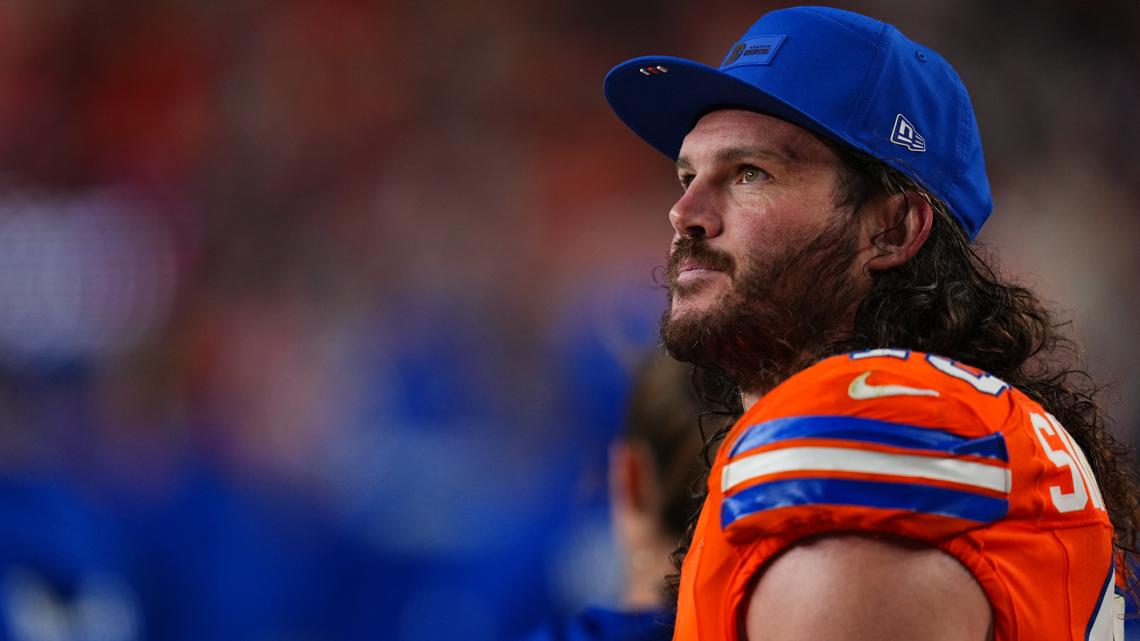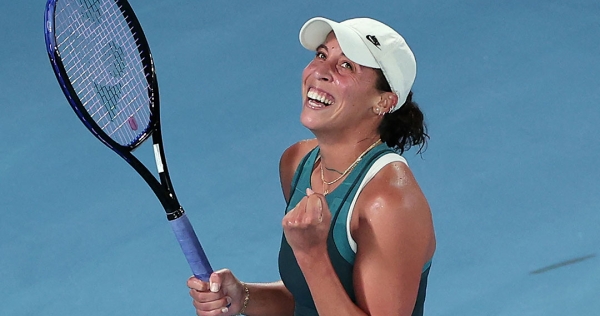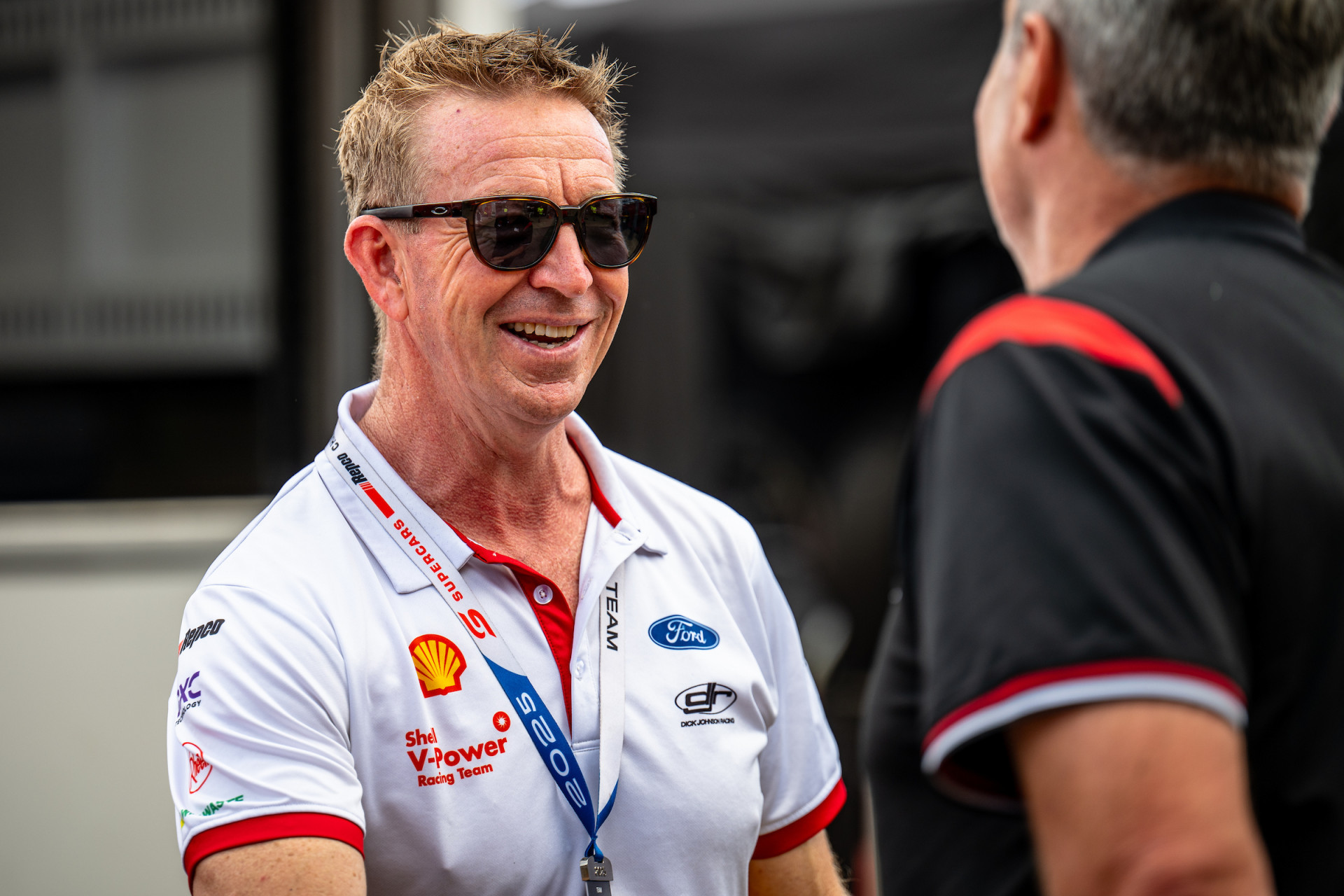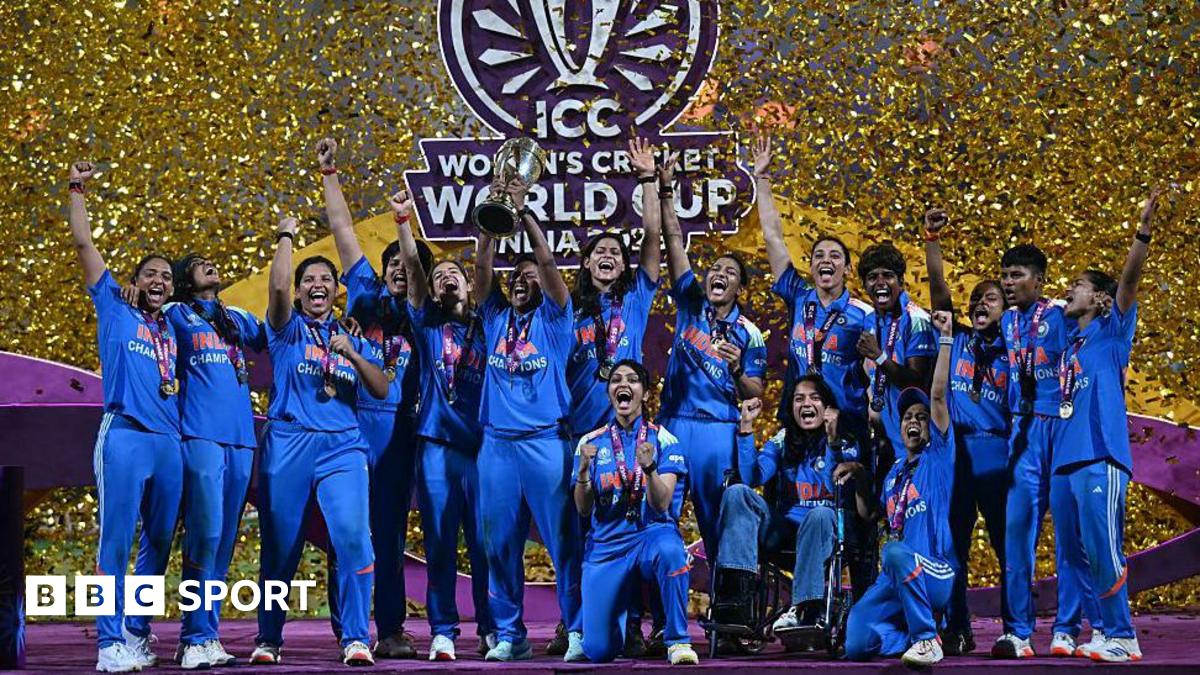Hallgrimsson needs to put his stamp on Ireland

Ahead of Ireland's heroic exit from the 2010 World Cup qualifiers in Paris, the Guardian's Barry Glendenning noted in his live blog that the visitors were "supping in the last chance saloon and the taps and optics are dry".The vibe is rather similar this time as Heimir Hallgrimsson's men approach the third and final international window of their short and mostly bitter Group F campaign.But Niall Quinn - two-time World Cup veteran, former top goalscorer, one-time FAI figurehead - is hopeful that, failing all else, they will at least go down swinging, a la that famous night in Paris.The prognosis is not good. Dominik Szoboszlai's injury-time equaliser for Hungary in Lisbon means that Ireland will need a draw at home to Portugal to keep their chances alive should Hungary win in Yerevan as anticipated. If the Hungarians beat Armenia by a two or three-goal margin, then Ireland will essentially have to beat Portugal to maintain any realistic prospect of forcing their way into the play-offs.The assumption of most observers is that the Icelandic manager's time in charge will come to an end if Ireland fail to qualify, though for Quinn, that would hinge on the manner of the performances in the final two games."When you look back at the cycle of managers since my time, you were almost always given the first qualification process to find out about your team," Quinn tells RTÉ Sport."And if you got there great, but you were always given a second run at it back in my time."Jack (Charlton) somehow got there in Euro '88. We didn't think we'd get there and suddenly there was a late goal in Bulgaria and we did. But he wasn't going to be sacked in any case, he was going to be given time to get us to the World Cup in '90."Things are different these days. We demand things quicker, faster."It's been a short reign so far for the manager. When it comes to that decision, are we going to give him the go-ahead to take on the next qualification process?"It sounds silly but I'd love to see a bit more of an identity that we're going to play a particular way."I was so pleased with how we'd played against Hungary in the second half at home. I thought, 'this is it, we've made the breakthrough.'"And then a few days later, we go and play as poorly as we did (in Armenia). All of that determination and grit and intensity disappeared."It's two tough fixtures coming up but if we're to fail, fail heroically. That may, in turn, show enough where we can say, 'OK, it's taken him a while but we're getting somewhere.' And maybe he could stay on."But that would be on the proviso that the players show a way of playing that it looks like it's the manager's team - that he's put his stamp on it."Quinn's nine-month stint in the FAI in 2020 was a tumultuous one, dominated by the aftermath of John Delaney's departure and the association's financial implosion, with the Covid pandemic further complicating matters.It seemed like an impossibly low ebb for Irish football at the time and the subsequent half-decade has been a lean one from the perspective of the national team.However, in other respects, progress has been made, with the women's team reaching a first-ever major tournament at the 2023 World Cup and the League of Ireland showing impressive growth in terms of attendances, alongside strong European performances.The complications of Brexit, which have resulted in Irish players being prevented from joining English clubs prior to their 18th birthday, have at least produced an up-side in that League of Ireland clubs are now being properly compensated for their younger players - as evidenced by the million euro transfers for both Mason Melia and Victor Ozhianvuna.As ever, the FAI stands apart from any feel-good stories that are out there, with a new redundancy programme announced in August, which Stephen Kenny branded a "drastic measure" which would undermine the plan of developing a domestic football industry."My nine months in the FAI coincided with the pandemic," Quinn recalls. "The league had to be stopped and was in danger of not getting up and running. The government helped us do that at that time."The chronic debt issue hasn't eased. The FAI is hamstrung by that."But I'm seeing players being bought by clubs in England for what we'd call proper money. Which never used to happen. There's some great academies bringing some great players through already. If we could have that throughout the country, wouldn't that be something else? But it's starting to happen. Our clubs are doing well in Europe."Among the best news for Irish football was in 2025 was the government agreeing to commit €3 million in multi-annual funding for the development of League of Ireland academies in this year's budget.Quinn had been initially sceptical that the FAI's appearance to the Oireachtas committee in September would be used as a pretext to deny them funding in the subsequent budget but was happy to be proven wrong."I questioned why they were brought up in front of the Oireachtas the week before the budget. I was suspicious that it was linked to giving us nothing in the budget but, despite misgivings, the government saw fit to fund (academies)."First things first, it's starting. We can begin to put the makings of an industry in place. We can give full-time jobs to really highly qualified coaches, who, up until now, have had to juggle the real world and their coaching."That's a huge start. In terms of the infrastructure, there's no excuse now to get really good academies off the ground. It will require more than the government are giving now, of course, and that's always a bone of contention."But the ball is moving the right way on it. I'm happy that somewhere deep in government, they understand that for Ireland to get back into the type of rankings that we used to have, to qualify for tournaments, the work has to be put in now."Since leaving the FAI, Quinn has remained involved in the grassroots end, recently taking on a coaching role at AUL (Athletic Union League) side, Dublin Celtic.And in recent years, he has involved himself in a passion project, writing an MA thesis on the life of Oscar Traynor (you can listen to Quinn's interview on the subject on the History Show with Myles Dungan here.)His interest was sparked by his period in the FAI, when he noticed a picture of Traynor on the wall of former FAI Presidents, in which role he served 14 years between 1949 and 1963.Traynor was a War of Independence veteran and long-time Fianna Fáil minister who, prior to all that, had been goalkeeper with the renowned Belfast Celtic club in the then unified Irish League - Shelbourne and Bohemians were the only clubs from south of the future border that featured in the pre-independence Irish League."There was so much in there, I couldn't understand why he (Traynor) hadn't been more popular. Everyone knows Michael Collins, for instance, and his story. Why did this guy (Traynor) fall between the cracks?"The answer in the thesis was, he didn't die young. He was a soccer man, not a GAA man. He would have taken on the Church, particularly over the Yugoslavian game in '55 when they tried to cancel and he fought and got the game to go ahead."He was such a steadfast defender of the game. He would point out to everybody that there were volunteers in 1916 that played football. The whole world thinks it was fellas with hurleys. It wasn't, there was a football theme to many of the battalions."I'm looking into the possibility of matching the work of Professor William Murphy, who put together a list of all the members of GAA clubs who took part in 1916 - I'm hoping that I can find all the soccer players who were out in 1916. Just to remind the country that football was at the heart of our story too."Watch Republic of Ireland v Portugal in World Cup qualifying on Thursday from 7pm on RTÉ2 and the RTÉ Player. Follow a live blog on the RTÉ News App and on rte.ie/sport. Listen to live commentary on RTÉ Radio 1

